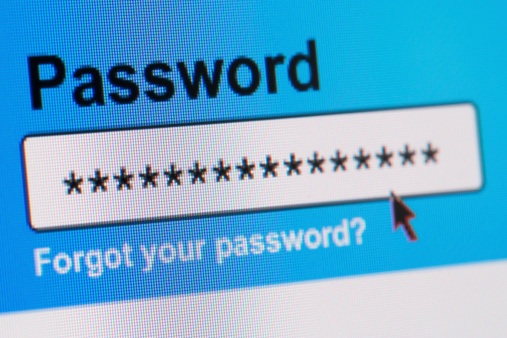
Millions of Americans don’t trust modern institutions to protect their own personal data. Cyber-security best practices are not followed even as many acknowledge the liability they take on when they are neglected. Cyber-attacks and data breaches are facts of life for almost all of our government agencies, businesses and individuals.
Some of the most high-profile data losses came from 2016 alone and reached multiple government entities including the FDA, Department of Homeland Security, and the Democratic National Committee losing millions of emails. Dozens of athletes were exposed in a private World Anti-Doping Agencies database that was made public. Yahoo announced that hackers had access to private information associated with nearly 1 billion accounts. So, it’s understandable that most people don’t trust these institutions when it comes to keeping their data private.
So many websites, applications, and devices today ask for your personal information in an attempt to make life easier. Sites, like Facebook and Google, use your data in a plethora of ways to assist with logging into various applications and even accessing your phone or computer. Although these companies make it a priority to keep your data secure, it’s ultimately up to you to ensure your data is kept private.
Pew research found that a majority of Americans (64%) have personally experienced a major data breach, and relatively large shares of the public lack trust in key institutions – especially the federal government and social media sites – to protect their personal information. The survey found that a majority of the public has been notified of a major data breach impacting their sensitive accounts or personal data examining several different types of data theft and found that 64% of U.S. adults have been impacted by at least one of them:
- 41% of Americans have encountered fraudulent charges on their credit cards.
- 35% have received notices that some type of sensitive information (like an account number) had been compromised.
- 16% say that someone has taken over their email accounts, and 13% say someone has taken over one of their social media accounts.
- 15% have received notices that their Social Security number had been compromised.
- 14% say that someone has attempted to take out loans or lines of credit in their name.
- 6% say that someone has impersonated them in order to file fraudulent tax returns.
Cyber-security doesn’t have to be a complicated, time-consuming task in order to make sure your information is safe. Some basic methods for keeping your data secure can be easily accomplished with little time spent on setting things up.
Data Encryption – Encrypting your data isn’t nearly as complicated as it sounds. Modern tools make it possible to encrypt emails and other information. Many mail applications, including Microsoft Outlook, Apple Mail, and Mozilla Thunderbird, offer methods for encrypting your emails.
Backing up your data is one of the most important, yet often, overlooked data protection tips. Backing up your information can be an automated process that you, as a user, shouldn’t have to worry about once the initial process is started. Windows offers an automated backup tool built right into itself called Windows Backup. This allows you to automatically back up your computer, worry free, to an external hard drive. Apple computers also offer a built-in backup application called Time Machine.
Keeping an offsite backup by utilizing a cloud service is also a great idea for ensuring your data is safe. Natural Networks offers a Cloud-based backup that you can use as a viable offsite backup.
Anti-Malware protection is never something that should be overlooked. Malware, such as Trojan horses, worms, spyware and viruses, have continued to be an ever-present danger online. Keeping an active anti-malware program running on your personal, as well as your business, computers can offer a level of protection and act as a warning system for suspicious files or applications. Both Windows and Mac OS X offer built-in anti-malware protections so that you can immediately take advantage of this security option and activate it.
Use a passphrase instead of a password. Many of our online accounts can be vulnerable to brute force attacks where common passwords are used to gain access to our online information. Using a passphrase instead of a single password has been found to be easier to remember, and much more difficult to guess in a brute force attack scenario.
Following the above recommendations can help keep your data secure. If you want to learn more about keeping your workstations secure, feel free to contact us today.



